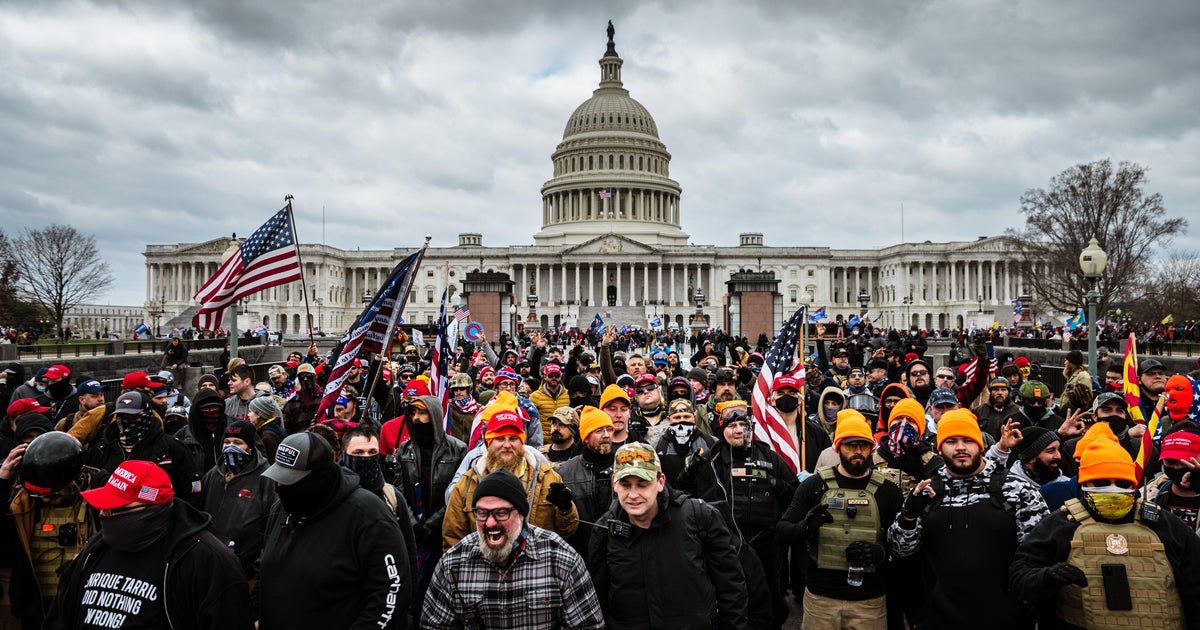
More than 550 charged so far in Capitol riot case, while 30 have pleaded guilty
CBSN
America watched as hordes of rioters stormed the U.S. Capitol on January 6 — crushing through windows, pressing up stairways, and sending lawmakers and law enforcement running for their lives. The flood of protesters who streamed into the Capitol that day left federal authorities with an equally immense task: finding and charging those responsible.
According to a CBS News review of court documents, at least 557 defendants have been charged in connection with the January 6 attack. Six months after the siege, the FBI said they had yet to identify more than 300 individuals believed to have committed violent acts on the Capitol grounds, including over 200 who assaulted police officers. Prosecutors have called the case "unprecedented" in scale, and the government said in a March court filing that the Capitol attack "is likely the most complex investigation ever prosecuted by the Department of Justice."More Related News
